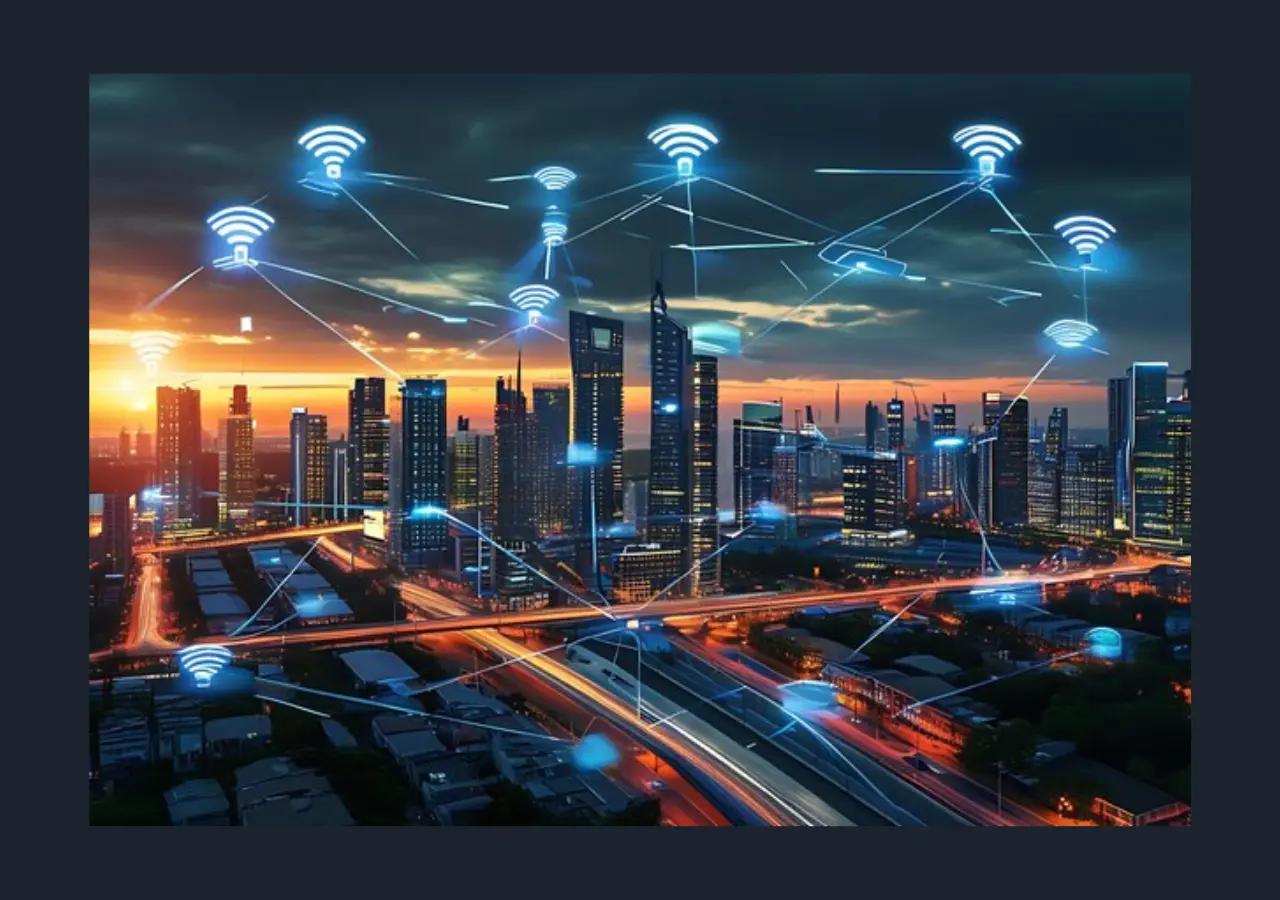Have you ever considered how technology is reshaping cities and making them smarter? The rise of IoT (Internet of Things) has paved the way for IoT smart city solutions, transforming urban areas into more efficient and sustainable environments. With IoT technology, cities can manage resources better, reduce traffic, and improve public services. However, implementing these solutions effectively requires careful planning and execution. Let’s explore the best practices that can help cities successfully adopt IoT systems and realize the full benefits.
1. Develop a Clear Strategy for IoT Implementation
Before implementing any IoT solution, developing a clear strategy is essential. Cities need to identify specific problems they aim to solve with IoT, whether it’s reducing energy consumption, improving traffic management, or enhancing public safety. By understanding the needs and setting clear objectives, city planners can ensure that the IoT solutions align with their goals. A well-defined strategy also helps prioritize projects and allocate resources more effectively. Cities should start small, testing IoT solutions on a limited scale before rolling them out city-wide.
2. Invest in Scalable Infrastructure
IoT systems require a robust and scalable infrastructure to support their functionality. Cities need to invest in infrastructure that can handle the growing volume of data generated by connected devices. This includes reliable internet connectivity, data centers, and communication networks. It’s important to ensure that the infrastructure is capable of supporting current IoT deployments and is scalable for future expansions. By building flexible infrastructure, cities can accommodate new technologies and additional devices as their IoT smart city ecosystem grows.
3. Prioritize Data Security and Privacy
Data security is a significant concern when implementing IoT solutions in cities. With numerous devices collecting and transmitting data, the risk of cyberattacks increases. Cities must adopt strong security measures to protect sensitive data from unauthorized access. This includes encrypting data, setting up secure networks, and ensuring that all IoT devices are regularly updated with the latest security patches. In addition to security, privacy is also critical. Cities should ensure that data collection complies with privacy regulations, giving citizens control over how their information is used.
4. Promote Collaboration Between Stakeholders
Implementing IoT solutions in cities is not a one-person job. It requires collaboration between various stakeholders, including government agencies, technology providers, and local communities. Cities can benefit from shared expertise, resources, and funding by fostering collaboration. Engaging with local businesses and community leaders also helps ensure that the IoT solutions meet the needs of residents. Effective communication between all parties ensures a smoother implementation process and better long-term success of IoT smart city initiatives.
5. Use Data Analytics to Drive Decision-Making
One of the key advantages of IoT is the wealth of data it generates. However, collecting data alone isn’t enough—cities must use analytics tools to interpret this data and make informed decisions. Advanced analytics can help cities optimize traffic flow, manage waste collection efficiently, and even predict maintenance needs for public infrastructure. By leveraging data-driven insights, city planners can make more effective decisions that improve the quality of life for residents. Partnering with data experts and working with AI professionals – such as the team at Sand Technologies – along with utilizing powerful analytics platforms can enhance the impact of IoT solutions.
Incorporating IoT into city planning is transforming urban areas into smarter, more efficient spaces. By following these best practices, cities can successfully implement IoT smart city solutions that improve public services, boost sustainability, and create a better environment for everyone.

